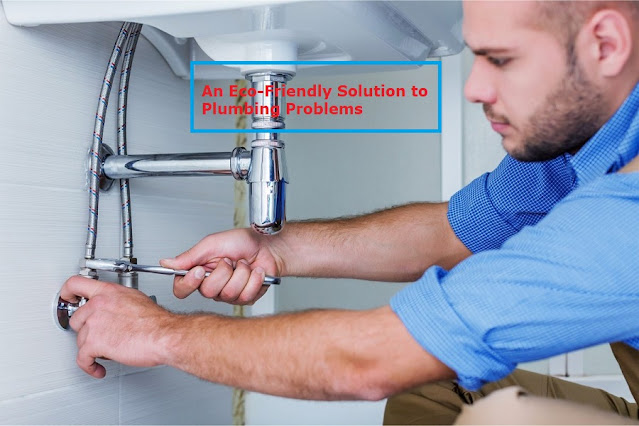In the world of plumbing, issues such as leaks, cracks, and blockages are all too common. These problems cause inconvenience and can result in significant expenses for homeowners. Developments in technology have led to innovative solutions to address such plumbing issues. One such solution is relining. Pipe relining cost is typically calculated per metre for stormwater and sewer pipes. This pricing approach allows customers to compare costs more easily, making it a logical and preferred method. Discover how this eco-friendly solution effectively resolves plumbing issues while providing cost-effective advantages.
What is Relining?
Relining is a cutting-edge technique used to repair damaged or
deteriorating pipes without requiring extensive digging and replacement. It
involves inserting a flexible lining material into the existing pipe, which
then adheres to the inner surface, forming a new pipe within the old one. This
method effectively seals cracks, leaks, or breaks, restoring its functionality
and structural integrity.
The Process of Relining
Inspection:
The first step is a complete inspection using high-resolution cameras. This
allows plumbers to identify the exact location and extent of the damage.
Cleaning: Once the inspection is complete, the damaged pipe is cleaned
using high-pressure water jets or mechanical cleaning tools. This removes any
debris, roots, or scale buildup, ensuring a smooth surface for the restoration
process.
Measurement: After cleaning, precise measurements are taken to determine
the length and diameter of the new lining that needs to be installed.
Lining
Installation: A specialised
resin-saturated liner is inserted into the damaged pipe. This liner is made of
a flexible material such as epoxy, which adheres to the interior of the
existing one. The liner is then inflated and left to cure, creating a new,
structurally sound pipe within the old one.
Advantages of Relining
Environmentally Friendly
Relining is considered an eco-friendly solution to plumbing
problems due to its minimal environmental impact. Unlike traditional
replacement methods, which involve excavation and disposal of old ducts, this
process requires significantly less digging, thus reducing soil disruption and
preserving the surrounding landscape. It also minimises waste generation, as
the existing pipes are repaired rather than discarded.
Cost-Effective
One of the major advantages is its cost-effectiveness.
Traditional duct replacement can be expensive and time-consuming, requiring
extensive labour and materials. In contrast, relining is a relatively quicker
and more affordable solution. It eliminates the need for excavation and pipe
replacement, reducing material and labour costs. Moreover, it prevents further
damage and extends the lifespan of the pipes; it offers long-term savings by
minimising the need for future repairs.
Minimal Disruption
Another benefit of relining is its ability to minimise
disruption to the property and its occupants. Traditional duct replacement
often involves extensive digging and damaging landscaping, driveways, and other
structures. This can be a huge inconvenience for homeowners, as it may require
additional costs and time to restore the property. Relining, however, requires
minimal excavation, reducing disruptions and allowing occupants to carry on
with their daily activities with minimal inconvenience.
Durability and Longevity
Relined pipes are highly durable and have a longer lifespan than
traditional ones. The lining material is typically made of resin, which is resistant to corrosion, cracks, and leaks. This
ensures that the repaired ducts withstand the test of time and continue to
function optimally for many years. Moreover, the smooth surface of the lining
material enhances the flow capacity, reducing the chances of future clogs and
blockages.
When considering Pipe relining cost, it is essential to look for factors such as competitive pricing, transparent breakdowns, quality materials, warranties, and any additional services included to make an informed decision. Pipe relining is an effective solution to plumbing problems. Its ability to repair damaged ducts without extensive excavation makes it an attractive option for homeowners. The environmental benefits, cost savings, minimal disruption, and durability make it a wise choice for addressing plumbing issues. If you're faced with plumbing problems such as leaks or cracks, consider relining as a viable solution that resolves the issue effectively and helps preserve the environment.









.jpg)
.jpg)

0 Comments